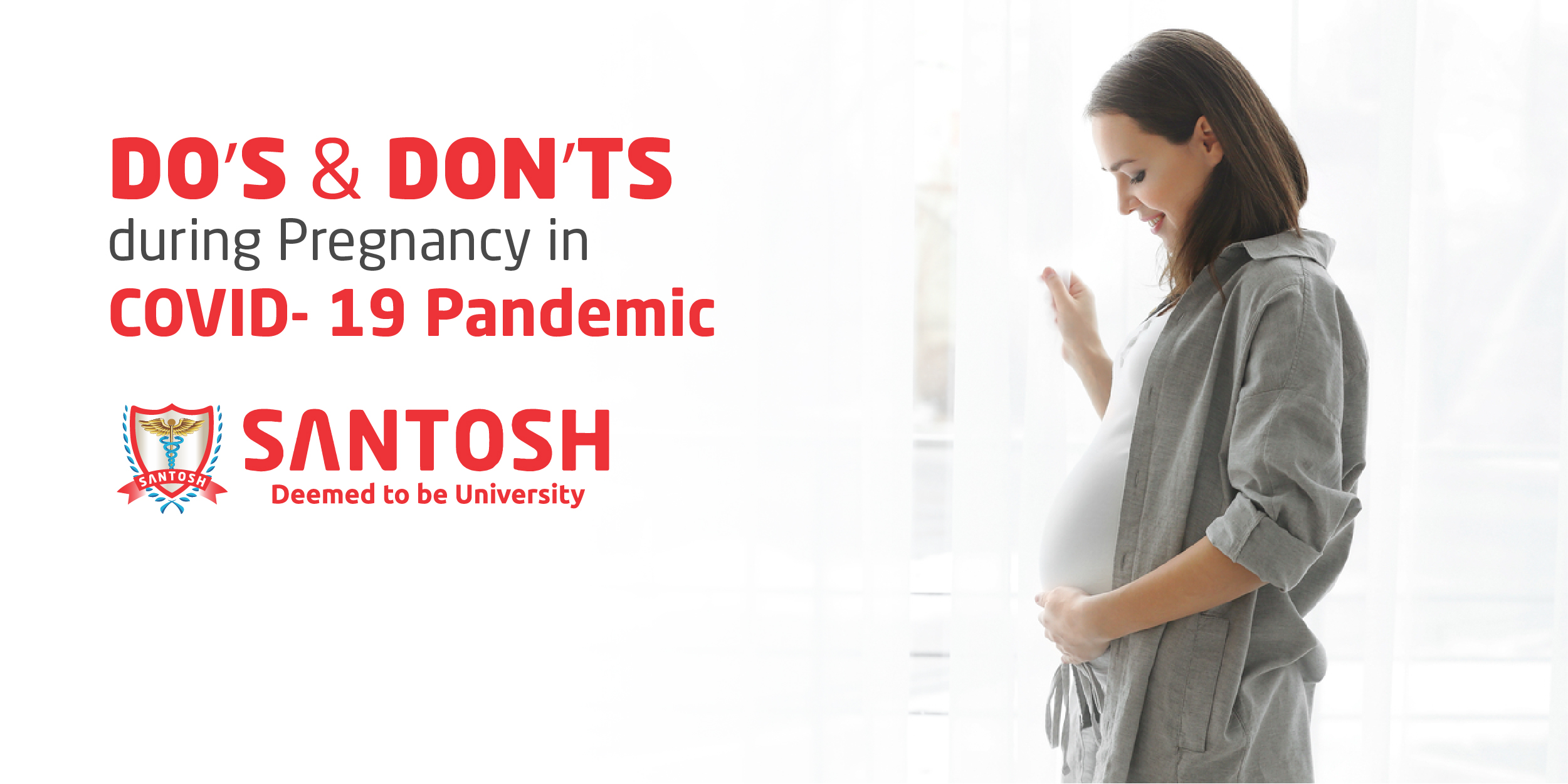
In the current scenario of corona virus pandemic, pregnancy should ideally be postponed for a couple of months until the peak of the COVID-19 outbreak is over. Similarly, for infertile couples planning pregnancy through ART procedures, it is better to postpone ART for a few months to avoid frequent visits to the doctor for a non-emergency procedure.
Pregnancy per se is not a high-risk factor for getting corona infection. The chances are the same as in the non-pregnant state. The standard precautions of social distancing and hand hygiene against getting coronavirus infection are to be followed. Public transportation and large gatherings are to be avoided.
A balance has to be made for adequate antenatal care given to the pregnant woman and simultaneously minimizing the number of times she has to goes out of her house for antenatal visits. For a woman who does not have high-risk factors, sonography is advised at 12-13 weeks and at 18-22 weeks. Pregnancy visits can be timed with these sonographies. The next visit can be at about 32 weeks. Vaccinations and blood investigations can be planned during these visits.
The chances of miscarriage or premature birth do not increase because of developing corona infection, although there is not enough data to support this. Standard precautions like in any pregnancy should, however, be followed. Pregnant women do not appear to be more likely to be severely unwell than other healthy adults if they are infected with COVID-19 as per currently available data. It is expected that the large majority of pregnant women will experience only mild or moderate flu-like symptoms. As seen with the general population, the risk factors for the more severe disease may be found in pregnant women too. If the pregnant woman has co-morbid conditions such as diabetes, hypertension, obesity, respiratory disease, or is of advanced age, she is more likely to have a severe form of respiratory disease. The caregiver should be watchful for the worsening of symptoms and the clinical picture in these women.
At present, direct mother-to-child transmission from a mother's blood has not been identified. It is not found in cord blood or in the placenta. Any tests like amniocentesis, to detect fetal infection are not required. COVID-19 infection has no effect on the route of delivery. Vaginal delivery can be performed unless there is an obstetric indication for cesarean or operative delivery. In situations where the mother has a severely compromised respiratory status, urgent delivery may be required by the cesarean section.
After delivery, the mother may breastfeed the baby as per advice from the obstetrician and neonatologist taking proper hand hygiene and respiratory hygiene precautions including wearing a mask. As breast milk is the best source of nutrition and immunity for the infant, UNFPA encourages it. In light of the current evidence, it is advised that the benefits of breastfeeding outweigh any potential risks of transmission of the virus through breast milk. The risks and benefits of breastfeeding, including the risk of holding the baby in close proximity to the mother, should be discussed with her.
If the mother has an active infection or if the baby has any such symptoms or clinical findings, the test for the corona virus infection is needed for the newborn baby. The test should be done as per the advice of neonatologists and recommendations of the local health authority.
It is important to take precautions after delivery. Good hygiene and a healthy nutritious diet are to be maintained. It is essential to protect oneself from illness as this will protect the baby too. Social distancing is to be strictly followed. Large celebrations and gatherings for cultural rituals are to be avoided. Local guidelines about the lockdown and other regulatory matters should be strictly adhered to.
STAY SAFE!